Imagine the serenity of a cat, curled up on a sunny windowsill, purring softly. Now picture that same cat, eyes wide, tail puffed, darting under the couch at the slightest sound. It’s astonishing how quickly a calm feline can flip into a ball of nerves. For cat lovers, understanding what tips the scales from content to stressed is not just helpful—it’s essential. The truth is, cats are far more sensitive than many of us realize. Their mysterious ways are packed with silent signals, and sometimes, the smallest change can send their stress levels skyrocketing. Let’s jump into the most common triggers that make our whiskered friends hit the panic button.
Loud Noises

Cats have incredibly sharp hearing, so even everyday sounds can seem thunderous to them. Fireworks, thunderstorms, vacuum cleaners, or even a dropped pan can jolt a cat out of its comfort zone. The abruptness of these sounds often leaves cats with nowhere to hide, making their stress levels soar. You might notice your cat’s ears flattening, eyes dilating, or a mad dash for the nearest hiding spot. Some cats may even tremble or refuse to eat after a loud event. For a cat, the world is filled with invisible threats, and loud noises are like unexpected explosions in their safe little universe. If you’ve ever seen a cat vanish at the sound of a doorbell, you know just how real this stressor is.
Sudden Changes in Environment

Cats are creatures of habit, and they take great comfort in routine and familiarity. A sudden move to a new house, rearranging the furniture, or even changing the location of their litter box can throw them for a loop. Imagine if someone moved your bed without telling you—you’d be disoriented, too! This disruption can make cats anxious, pacing or hiding for days until they adjust. Some cats may even stop using their litter box or become more vocal, signaling their discomfort. It’s their way of saying, “Hey, nothing feels right anymore!” Even subtle changes, like a new scent or a different blanket, can set off their stress radar.
Unfamiliar People
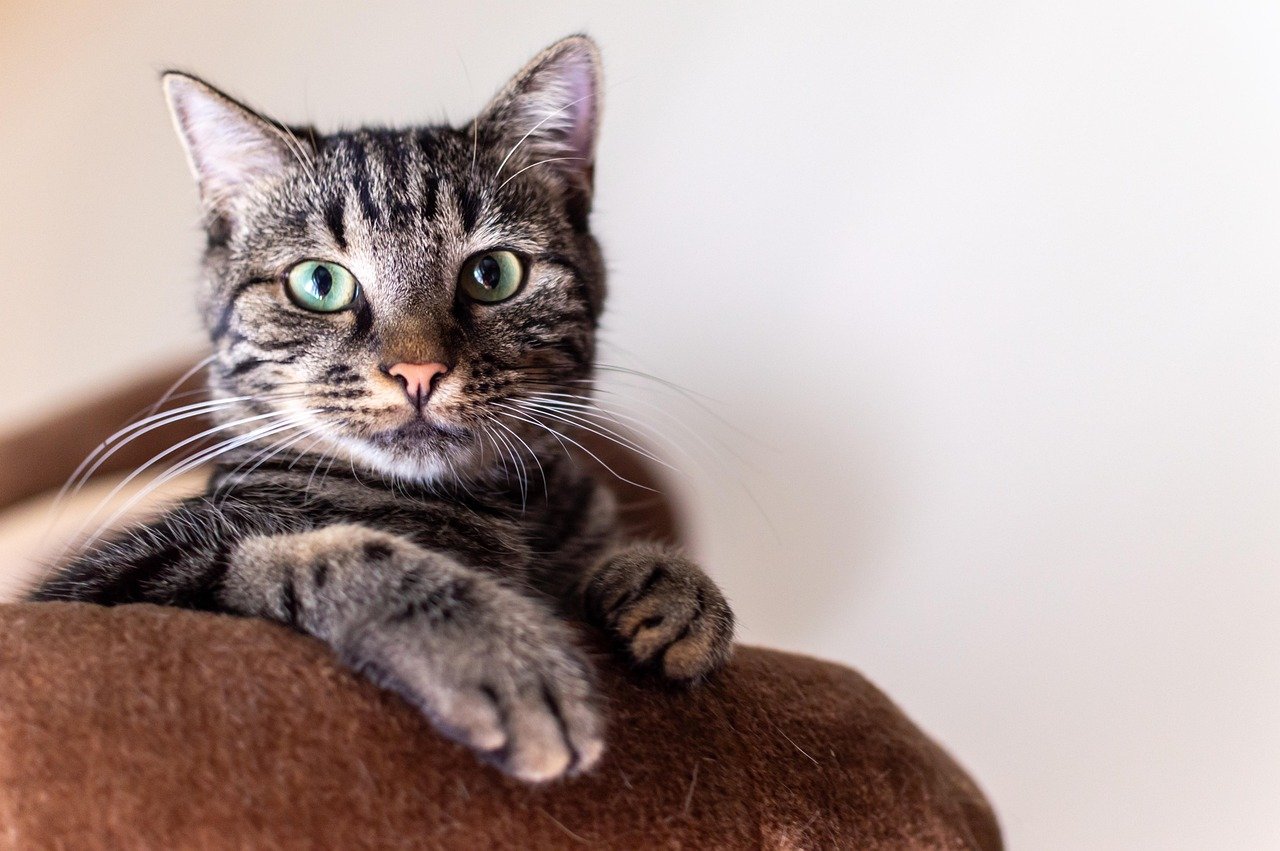
Most cats are notoriously wary of strangers. When someone new enters their territory, cats can become tense and suspicious. They might hide under the bed or keep a watchful eye from a distance, ready to bolt at a moment’s notice. For some cats, the presence of an unfamiliar person can mean hours of hiding or even defensive behaviors like hissing or swatting. This reaction isn’t just shyness—it’s their instinct kicking in to protect themselves from the unknown. Often, it takes repeated, calm visits for a cat to accept a new human into their world. Until then, their stress levels remain high, and their trust is earned slowly.
Other Animals

Bringing another animal into the home can feel like an invasion to a cat. Whether it’s a dog, another cat, or even a small pet like a rabbit, the introduction of a new creature disrupts their sense of territory. Cats may hiss, growl, or retreat to a safe spot, unwilling to share their space. Some might even become aggressive or start marking territory to reassert their dominance. The stress can be especially intense if the other animal is energetic or curious, constantly trying to engage. This kind of stress can last for days or even weeks until the cat feels secure again. Sharing space is not something most cats do willingly.
Veterinary Visits

Few things strike terror into the heart of a cat quite like a trip to the vet. The process begins with being placed in a carrier, which for many is already a traumatic event. The car ride, full of strange sounds and motions, only adds to their anxiety. Once at the clinic, the unfamiliar smells, noises, and the presence of other animals can make cats feel under siege. The examination itself, with pokes and prods, is the final straw. After returning home, some cats sulk for hours or even hide away. It’s no wonder many cat owners dread vet visits almost as much as their pets do.
Being Left Alone Too Long

While cats have a reputation for being independent, many are deeply attached to their humans. Long periods of solitude can leave them feeling abandoned and stressed. You might notice excessive meowing, destructive behavior, or changes in eating habits if your cat is left alone for too long. Some will over-groom themselves, creating bald patches as a way to cope. The myth that cats don’t get lonely is just that—a myth. They form strong bonds and can experience anxiety when those bonds are disrupted. It’s like being left out in the cold with no explanation.
Changes in Routine
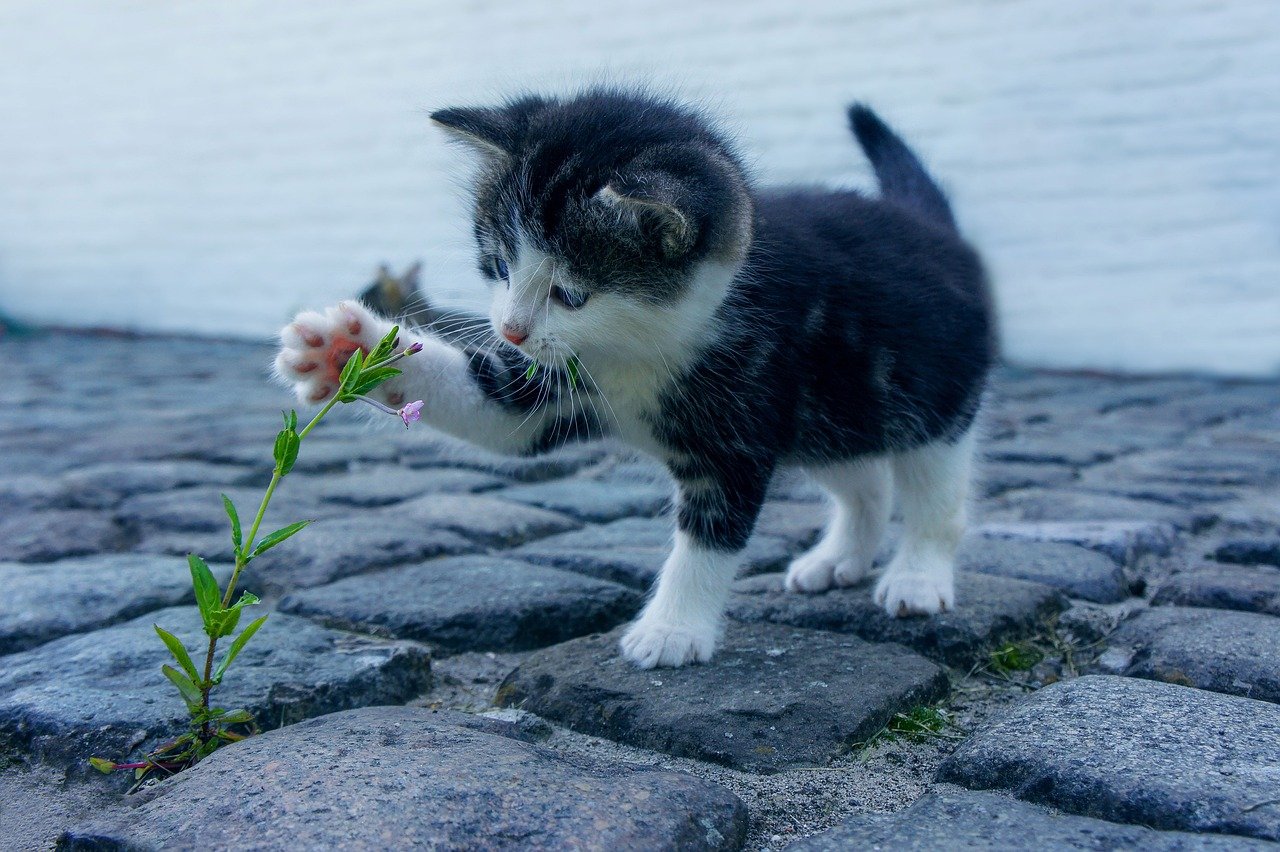
Cats thrive on routine, and even minor alterations can unsettle them. Changing feeding times, adjusting your work schedule, or altering playtime can all throw off their internal rhythm. If you suddenly start coming home later, your cat might become vocal or seem restless. A skipped meal or a missed cuddle session can lead to confusion and anxiety. They might wait by the door or sit in their usual spot, visibly out of sorts. For cats, routine is more than habit—it’s a sense of security. When that’s disrupted, stress is never far behind.
Strong Scents
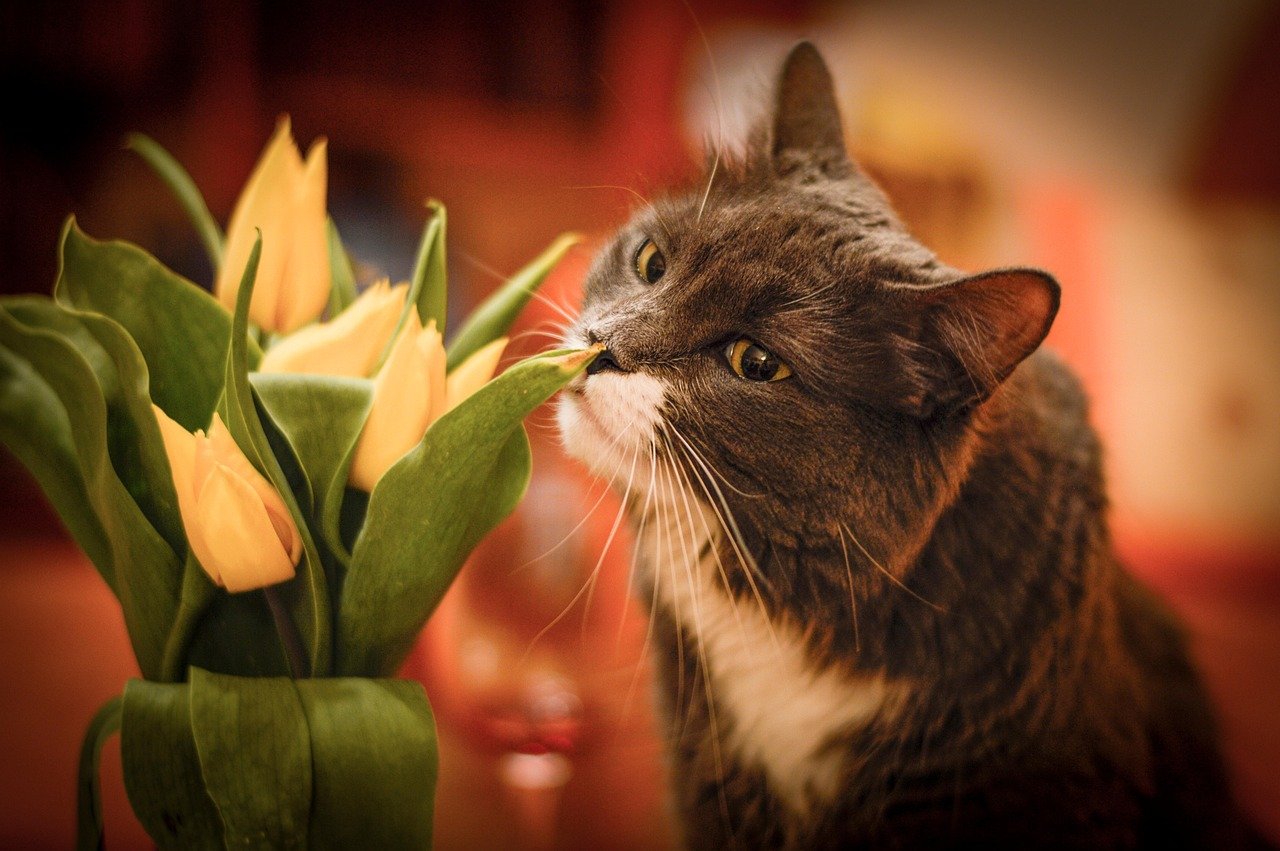
A cat’s sense of smell is far superior to ours, making them especially sensitive to strong odors. New cleaning products, air fresheners, or even scented candles can overwhelm them. Some cats will avoid rooms where the scent is too strong, while others may sneeze or seem agitated. The introduction of unfamiliar scents—like the smell of another animal—can make them feel as if their territory has been invaded. Even something as simple as a new laundry detergent can trigger their stress response. For cats, scents are a roadmap to their world, and when that roadmap changes, they quickly feel lost.
Overhandling or Forced Cuddles
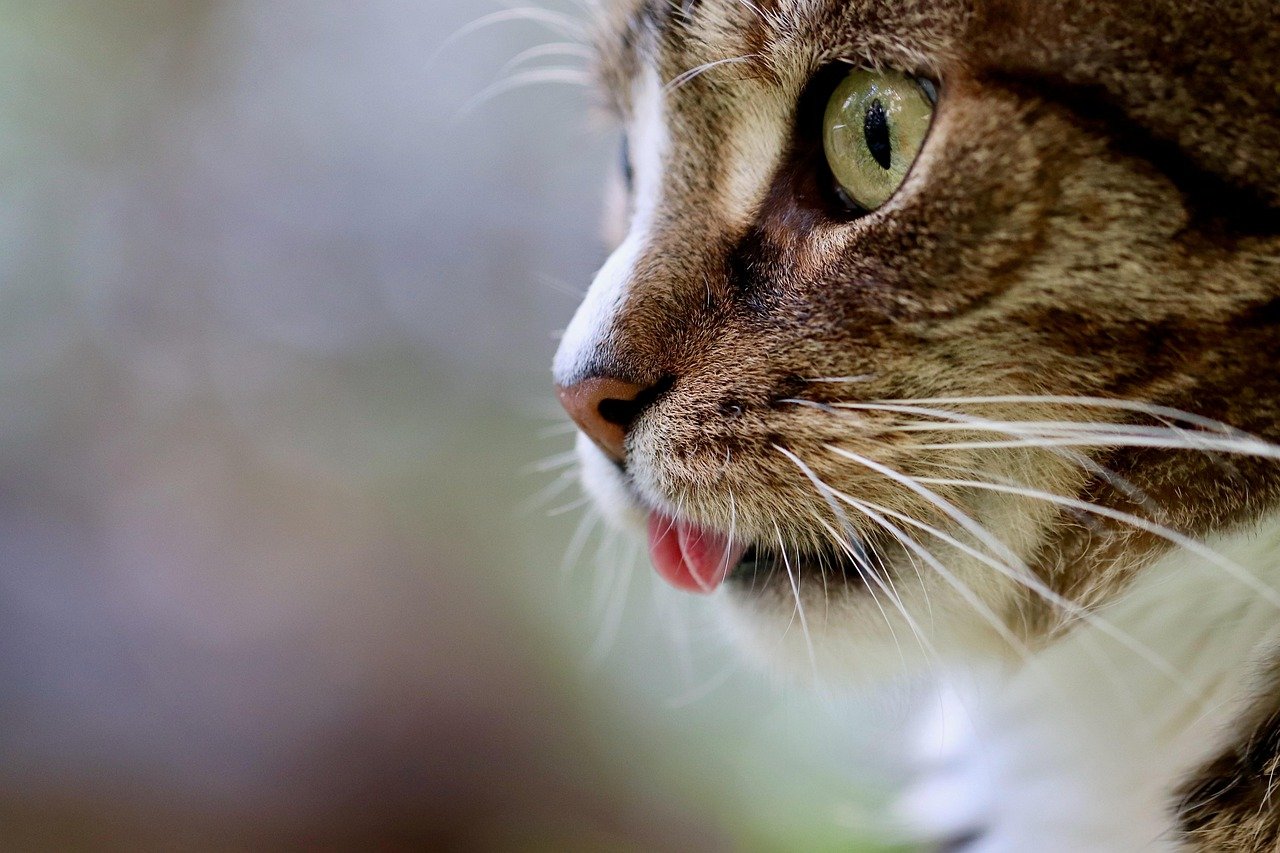
Some cats love attention, but many prefer affection on their own terms. Forced cuddling, excessive petting, or being picked up when they’re not in the mood can be extremely stressful. You might notice twitching tails, flattened ears, or even a quick swipe of the paw. Cats value their independence, and when their personal space is invaded, stress tends to follow. It’s not uncommon for a cat to avoid a person who doesn’t respect these boundaries. Like people, cats need their alone time, and pushing them too hard can damage trust.
Confined Spaces and Carriers

For most cats, being put in a carrier or confined to a small space is the stuff of nightmares. It strips away their sense of control, making them feel trapped and vulnerable. The struggle to get them into a carrier is often met with resistance, scratching, or vocal protests. Once inside, many cats meow loudly or try to escape, their stress levels peaking. The association with negative experiences—like vet visits—only makes it worse. Afterward, some cats may avoid the carrier altogether, associating it with stress and fear.
Too Much Activity or Chaos

Cats are sensitive to the energy in their environment. A house full of shouting children, constant visitors, or loud parties can be overwhelming. They may retreat to quiet corners or hide under furniture, seeking refuge from the chaos. In extreme cases, cats may stop eating or develop stress-related illnesses. The unpredictability of a bustling household can leave them on edge, always bracing for the next surprise. For many cats, peace and quiet aren’t just preferences—they’re necessities.
Lack of Hiding Spots

Hiding is a natural coping mechanism for cats when they feel threatened or overwhelmed. If your home doesn’t offer enough hiding places, your cat might feel exposed and anxious. Under beds, inside closets, or behind furniture—these are all favorite hideouts. When these options are blocked or unavailable, stress levels rise. Cats deprived of hiding spots may exhibit nervous behaviors or even become aggressive. Providing them with safe spaces is an easy way to help them manage their stress.
New Furniture or Objects
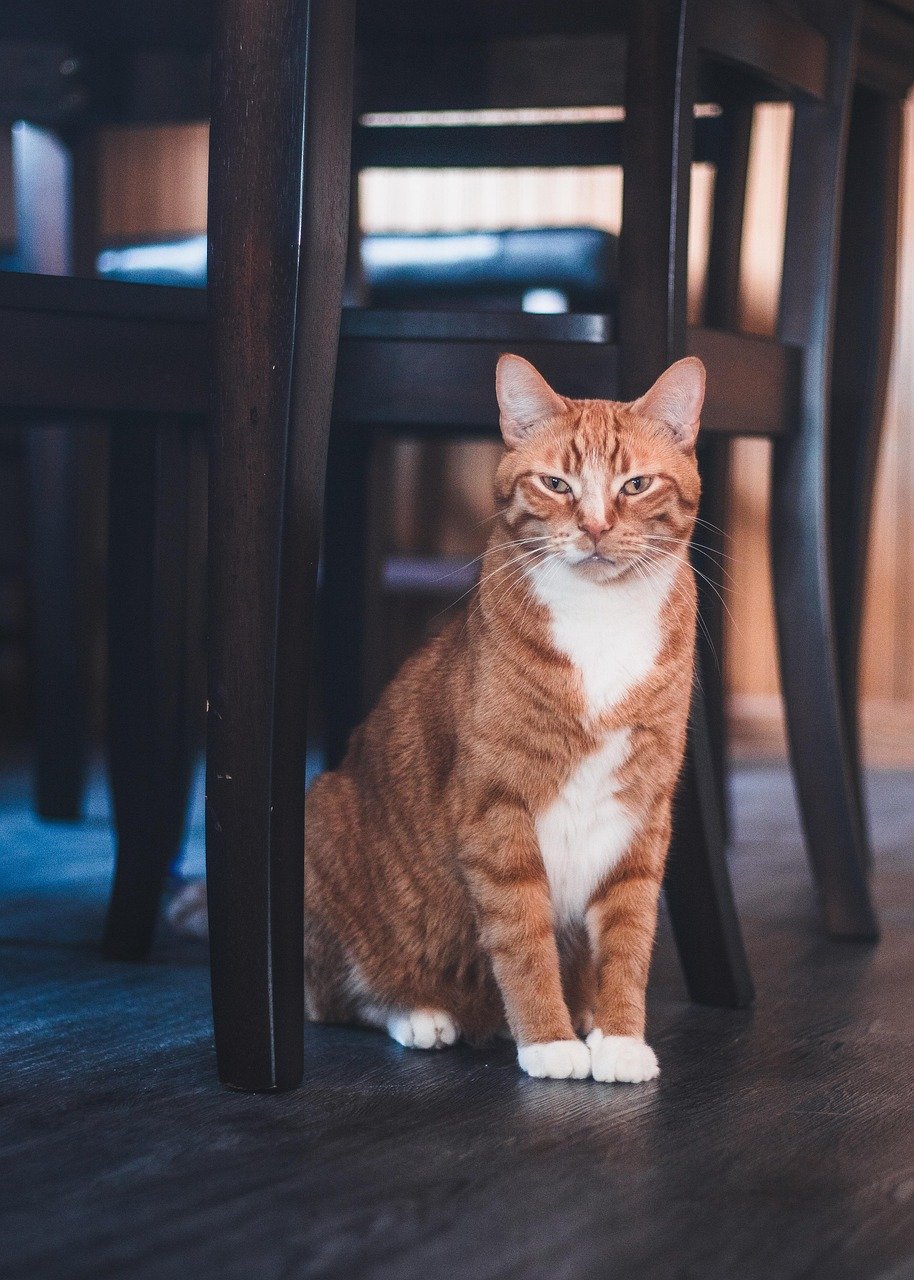
Introducing new furniture or unfamiliar objects can unsettle even the most confident cat. The change in their environment is jarring, and they may avoid the new addition for days or weeks. Some cats will sniff cautiously, while others may hiss or swat. The disruption to their territory can make them feel insecure. Over time, most cats will adjust, but the initial introduction can be a significant source of stress. It’s a reminder that for cats, even small changes can feel monumental.
Unpredictable Human Behavior
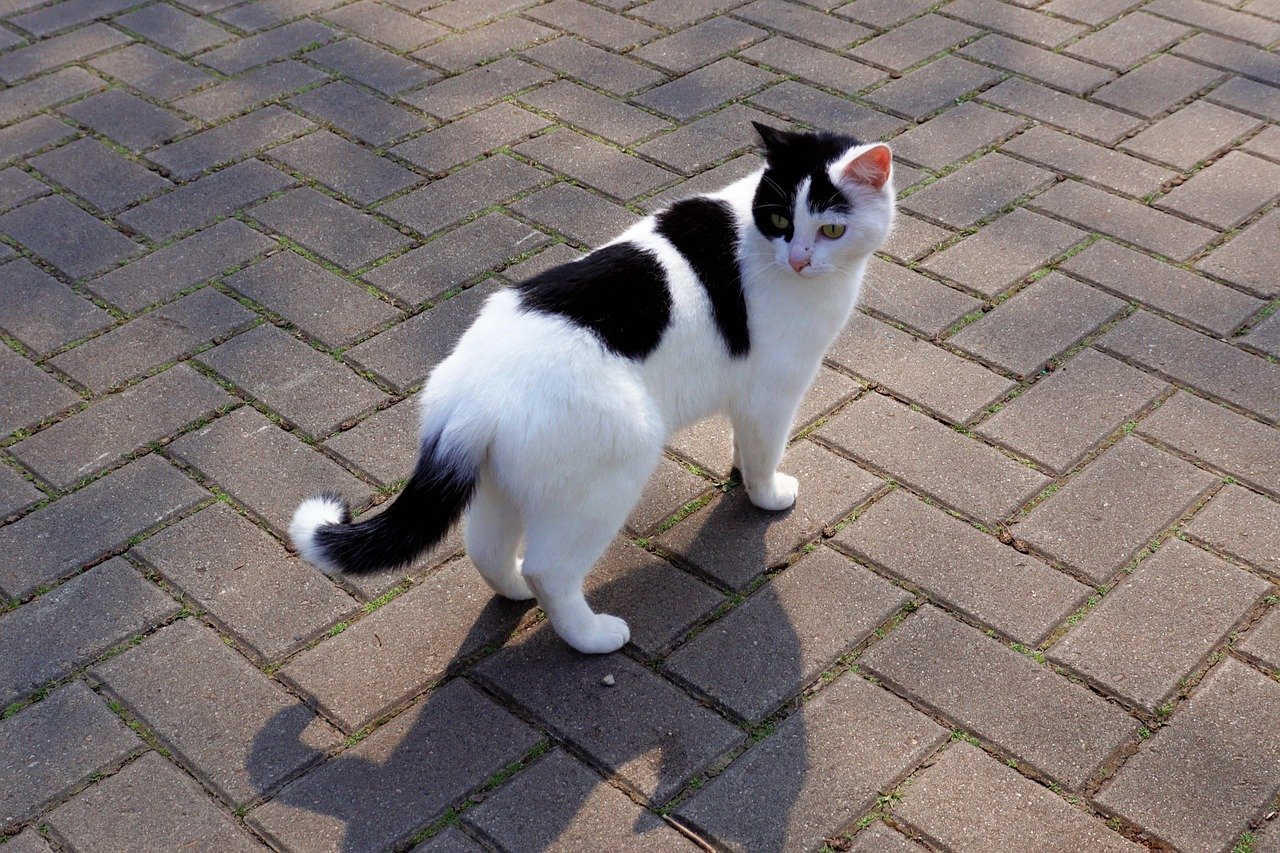
Cats are experts at reading body language and picking up on emotional cues. Sudden outbursts, raised voices, or inconsistent behavior from humans can make cats anxious. They may respond by hiding, becoming less affectionate, or even acting out. Consistency and calmness help cats feel secure, while unpredictability can leave them feeling unsettled. If your mood swings or habits change frequently, your cat is likely to notice—and react accordingly.
Dirty or Unfamiliar Litter Boxes

A clean litter box is essential for a cat’s sense of security. If the box is dirty, smells different, or has been moved, many cats will refuse to use it. This can lead to accidents around the house and increased stress for both pet and owner. Some cats are so sensitive that even a new type of litter can be upsetting. A dirty or unfamiliar litter box isn’t just gross to a cat—it’s a major disruption to their routine. Keeping things clean and consistent is key.
Being Ignored or Neglected

Cats may seem aloof, but they crave attention and interaction. Being ignored or left out can lead to feelings of loneliness and stress. You might notice your cat becoming more vocal, seeking out your company, or even displaying destructive behaviors to get your attention. Over time, neglect can lead to depression or health problems. Cats want to feel included and loved, just like anyone else. A little attention goes a long way in easing their stress.
Illness or Pain

Physical discomfort is a powerful source of stress for cats. They often hide their pain, making it hard to detect when something’s wrong. Subtle changes in behavior, such as hiding more, eating less, or grooming excessively, can be signs of illness. The stress of not feeling well can compound other anxieties, making everything seem worse. It’s crucial to watch for these signs and seek veterinary care when needed. A healthy cat is a happier, less stressed cat.
Too Many Changes at Once

While a single change can be stressful, several at once can be overwhelming. Moving, introducing a new pet, and changing routines all at the same time is a recipe for feline anxiety. Cats need time to adjust, and too much at once doesn’t give them that chance. You might see withdrawal, aggression, or health problems as a result. It’s best to introduce changes gradually and give your cat time to adapt. Overloading them can lead to long-term stress.
Traveling or Boarding
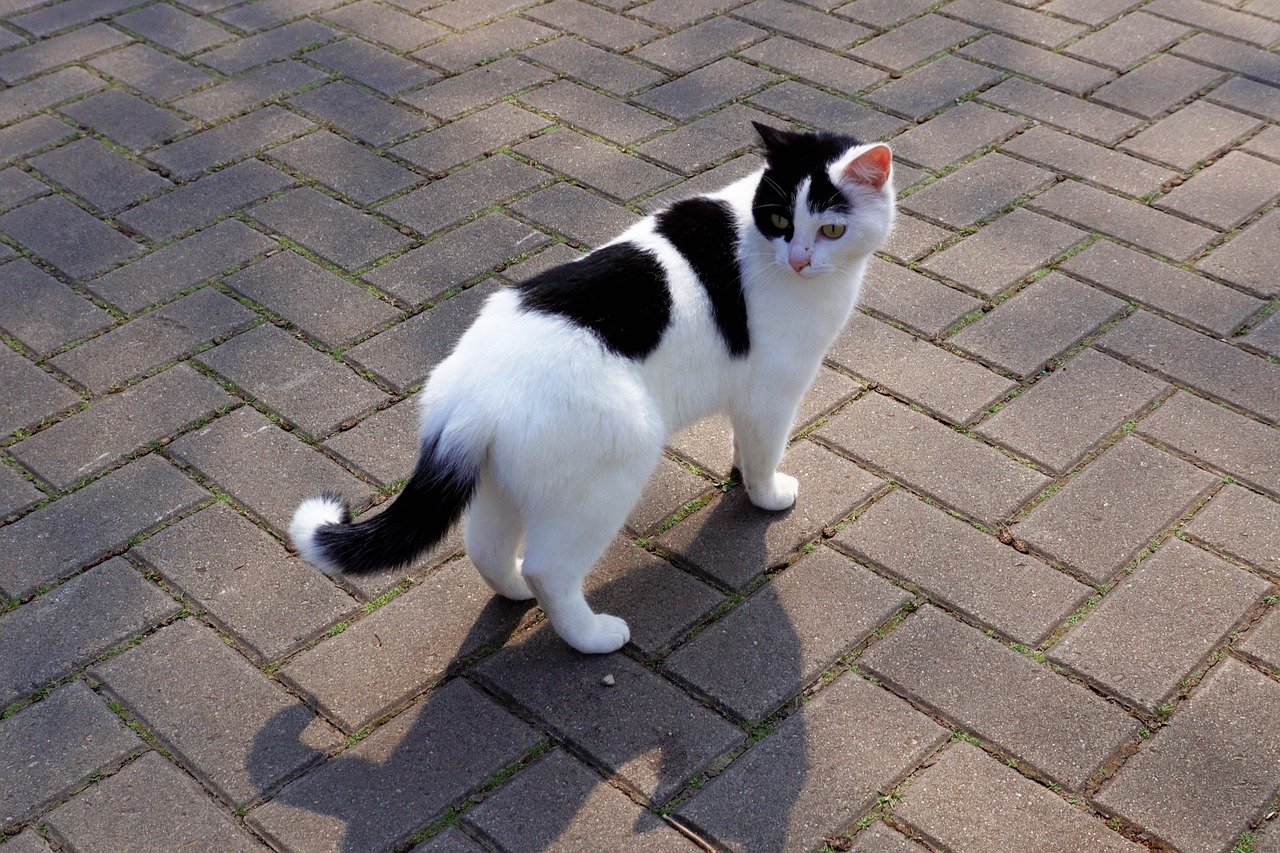
Traveling is rarely fun for cats. The unfamiliar sights, sounds, and smells are disorienting. Being boarded at a kennel or staying with strangers can add to their anxiety. Many cats will refuse to eat or hide for the duration of their stay. The stress of being away from home can linger even after they return. It’s important to make travel as comfortable as possible, but for most cats, there’s truly no place like home.
Unpredictable Feeding Schedules
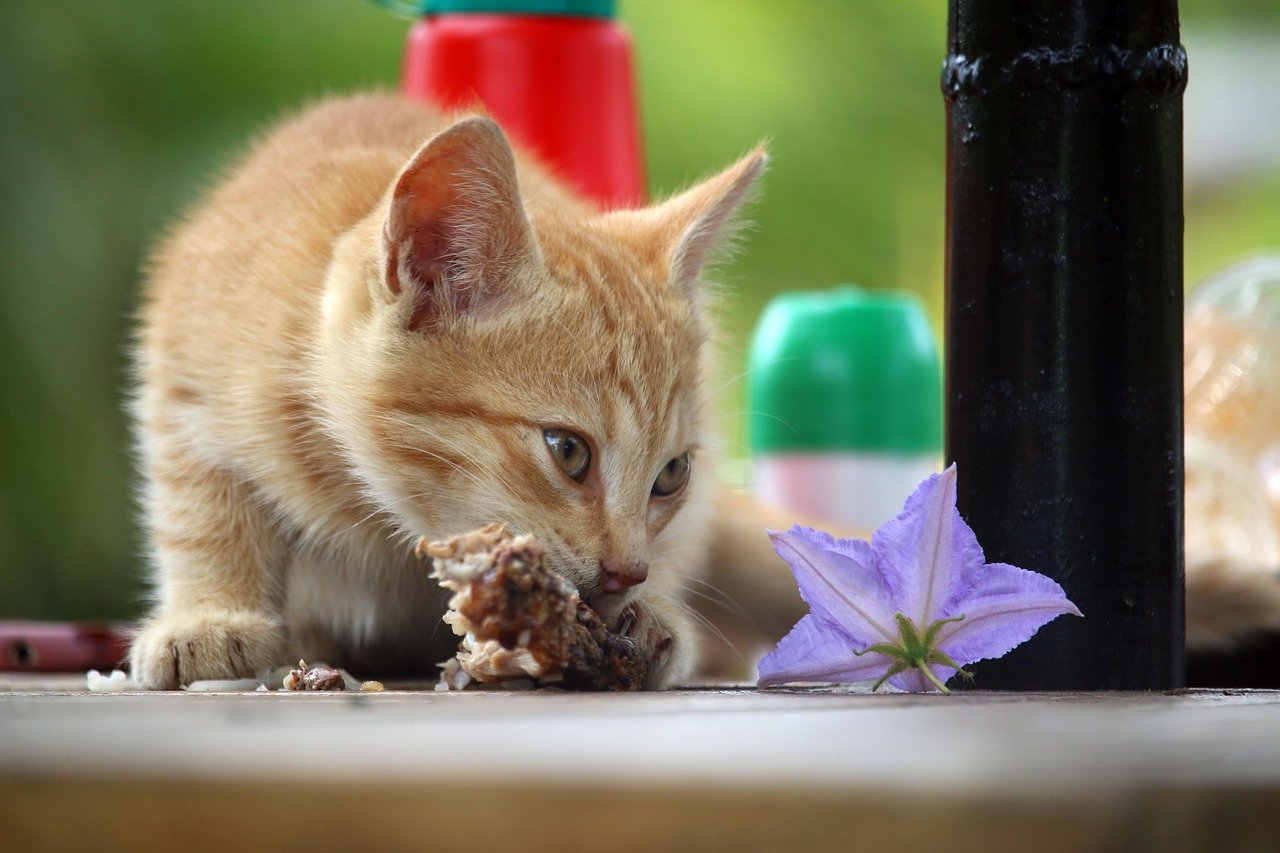
Cats are creatures of habit, especially when it comes to food. Unpredictable feeding times or changes in diet can make them anxious. You might notice them meowing persistently or even refusing to eat. Consistency in meal times helps cats feel secure and reduces stress. Sudden changes in food or feeding routines should be introduced gradually to avoid upsetting your cat. For many felines, food isn’t just nourishment—it’s comfort and routine.
Excessive Handling by Children

Children mean well, but their unpredictable movements and excitement can be stressful for cats. Chasing, grabbing, or loud play can overwhelm even the most patient feline. Some cats may become fearful or avoidant, while others might act out defensively. Teaching children to respect a cat’s boundaries is crucial for a harmonious household. When cats feel safe and understood, their stress levels drop. A gentle touch and calm interaction go a long way in keeping peace between kids and cats.
Hi, I’m Bola, a passionate writer and creative strategist with a knack for crafting compelling content that educates, inspires, and connects. Over the years, I’ve honed my skills across various writing fields, including content creation, copywriting, online course development, and video scriptwriting.
When I’m not at my desk, you’ll find me exploring new ideas, reading books, or brainstorming creative ways to solve challenges. I believe that words have the power to transform, and I’m here to help you leverage that power for success.
Thanks for stopping by, Keep coming to this website to checkout new articles form me. You’d always love it!






